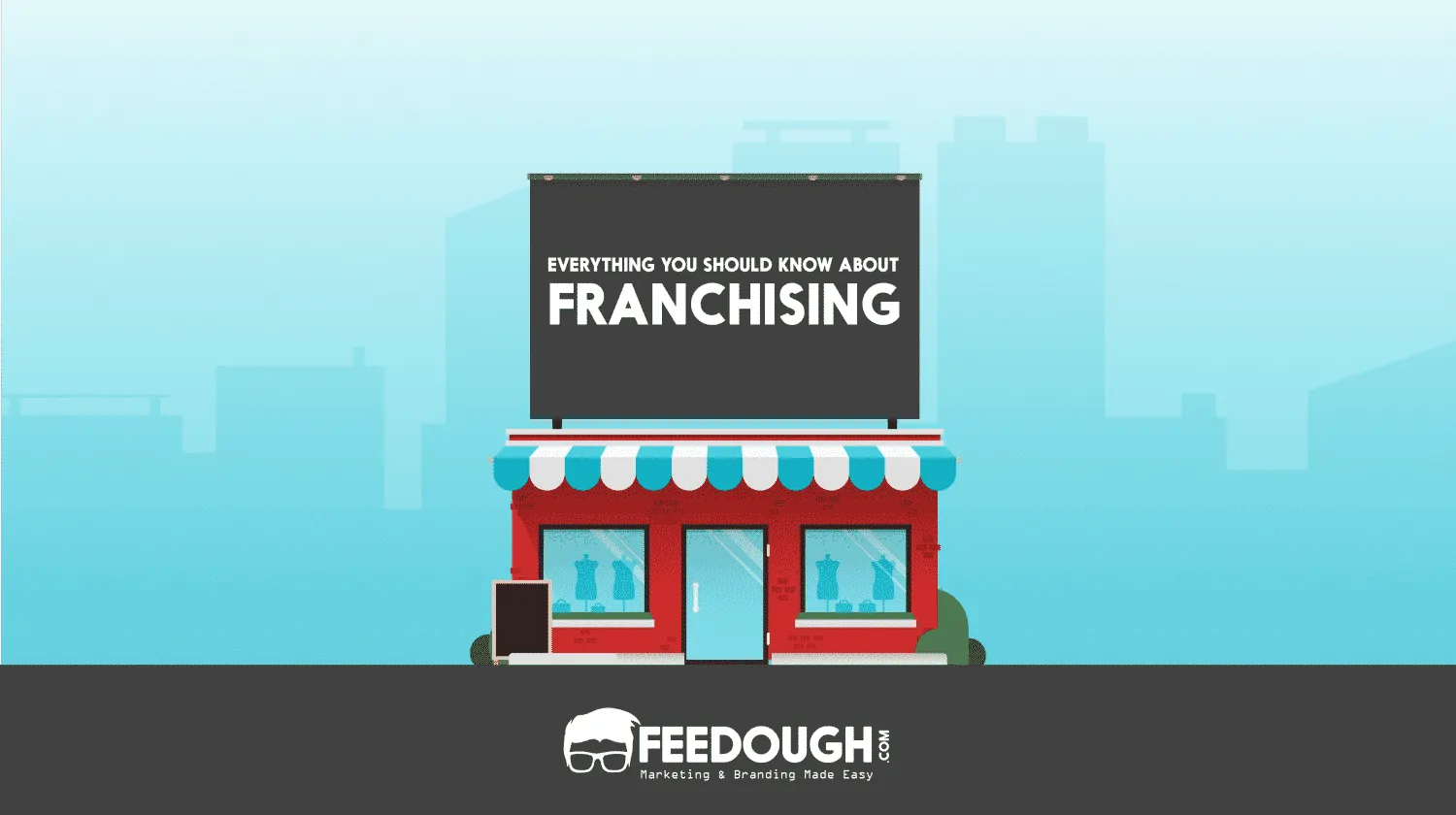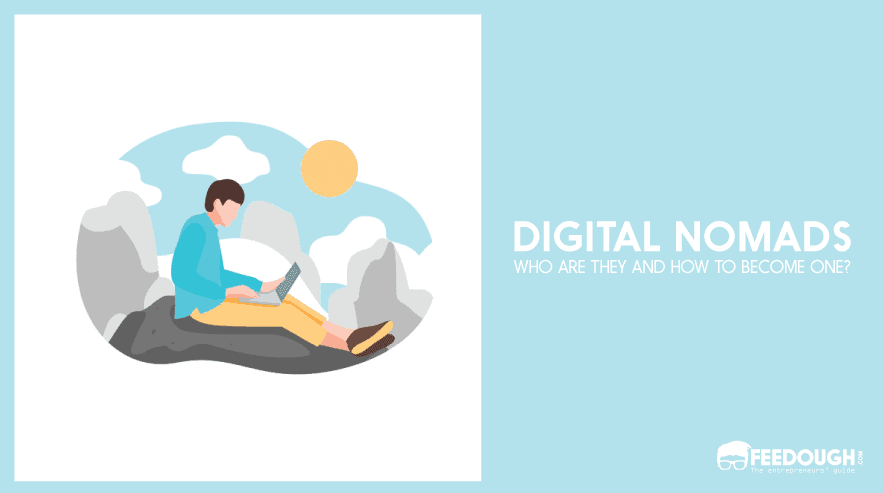If you’re reading this and are not from a remote island, I bet you must have heard the name McDonald’s. One of the biggest reasons McDonald’s has been able to conquer the fast-food market is because of its franchise-based business model.
More than 80% of its restaurants worldwide are owned and operated by franchisees. That is, even though those restaurants operate by the name of McDonald’s, serve McDonald’s products, and adhere to its standards, they are not operated by McDonald’s.
But what does franchise mean? How does it operate? What are its types?
Let’s find out.
What Is A Franchise?
A franchise is a licence granted by a party (franchisor) who owns the brand to an individual or a corporate (franchisee) to access their business proprietary knowledge, process, trademarks, and to sell products or provide services under their name within a territory or a region.
A franchisee gets a licence to access the following –
- To operate under franchisor’s brand name
- Usage of franchisor’s trademarks
- Operation manual
- Marketing support from the franchisor
- Software and other operational requirements
- All other proprietary knowledge and materials.
What Is A Franchise Business And How Does It Operate?
A franchise agreement requires two parties. A franchisor and a franchisee.
A franchisor is the owner of the brand with decent goodwill who is looking for opportunities to expand which require less investment and his involvement.
A franchisee is someone ready to invest and buy the rights to use the name, trademarks, and business processes, and sell the products of that existing business which has decent goodwill. A franchisee is not an entrepreneur who starts a business from scratch but a smart businessman who buys the right to sell products of a business which has well-developed goodwill and demand.
The franchisee and franchisor can be a natural or artificial person. That is, they can be an individual, a partnership firm, an LLP, or a company.
How Does A Franchise Business Operate?
The operating model of a franchise business is simple. A franchisee buys the rights to use the franchisor’s business proprietary knowledge, process, trademarks, and to sell products or provide services under the franchisor’s name.
The licence has a cost which is known as the licence fee (franchise fee). The licence fee amount depends on the scale and goodwill of the franchisor’s brand and demand for their products. Apart from the licence fee, the franchisee is also required to pay an ongoing royalty fee, which is paid as a percent of gross sales to the franchisor.
A franchisee is required to run the business according to the operations manual and the franchise contract. Special training and operational guidelines are provided to the franchisee by the franchisor. The franchisee is required to maintain standards set by the franchisor for quality, visual merchandising (if applicable), products, prices, offers, etc.
Role Of The Brand In Franchising
The whole franchise business model revolves around a brand. A franchisor builds a brand which the customers buy. The franchisee buys the licence to use operate the same brand name in a particular region and sell the standardized products of that brand. The market is set, and it’s a win-win situation for both the franchisor and the franchisee. Franchisor gets to expand the reach of its brand and revenue earning sources without involving much monetary and non-monetary investment, whereas the franchisee gets the benefit of existing demand of the brand’s products. Franchisee also benefits from the marketing efforts led by the franchisor as it’s the brand which marketed and not one store.
Types Of Franchising
Product Distribution Franchise
Under this model, the dealers are given the right to distribute the brand’s goods. This model is similar to the manufacturer-retailer model. However, the franchisee must pay a fee or buy a minimum amount of products to obtain the right to sell the trademarked goods. Typically, the franchisees sell only the franchisor’s products, but there are some agreements where they have the choice to sell only certain products of the brand which they feel will be profitable to them.
The product distribution franchise model was started by Singer and Coca-Cola to sell their products in the 19th century. Coca-Cola, Ford, and Exxon still offer this type of model to their franchise partners.
Manufacturing Franchise
This franchise model involves the franchisor’s granting of manufacturing and selling rights to the franchisees. Franchisees, however, are required to sell the goods under the trademark and name of the franchisor’s brand. The manufacturing franchise model is common in the food and beverage, clothing, and automobile industries. Examples include Coca-Cola, Hyundai, Nestle, etc.
Business-Format Franchise
The business-format franchise model is an evolved version of the product distribution model. Here the relationship between the franchisee and franchisor is more complete than the product distribution model. The franchisees not only sell the franchisor’s products under the name of the franchisor’s brand, but also follow the standardized format and procedures of retail sale, which include visual merchandising, the appointment of staff, implementation of marketing activities, etc. In return, they get operational and marketing assistance from the franchisor.
The business-format franchise model is the most common franchise model today. These partnerships are seen in every industry, be it fast food chains like Mcdonald’s, Burger King, etc. or other retail chains like Nike, Bose, etc.
What Is A Master Franchise?
In a master franchise agreement, the franchisor grants rights to the franchisee (master franchisee) to control the franchising activities of the brand (like appointing sub-franchisees) within a specified geographical area. The master franchisee usually has exclusive business rights to the specified territory. There isn’t any competition, interference or distraction from other players selling the same brand’s products, which eventually leads to easier and better ROI for them.
Why Franchising Is A Safer Alternative To Starting A Business From Scratch?
Buying a franchise is a safer investment than starting a business from scratch, as the franchisee gets the benefit of:
Existing Market And Demand
A franchisor has already invested much time and money in creating a market for their product. The brand has already positioned itself in the minds of the customers. A franchisee, by buying the franchise licence, gets the benefit of selling products which have existing demand in the region. It’s because of the existing demand of the brand that the franchisee is able to attain break even a lot earlier than he would have attained if he had started his own business from scratch.
Set Operational Process
The operating model of a brand is standardized and the franchisee has to adhere to the set standards. This prevents the franchisee from committing mistakes he could have committed if he had started his own business.
Less Risk
The risk involved in starting a franchise business is less than compared to starting a new business. The franchisee is already aware of the financial investment involved, competitors, opportunities and threats and only starts this business if he feels that he’ll benefit from it. He can take many precautionary steps like conducting research before starting the business in that area.
Why Franchising Is A Better Option For Companies To Expand Their Business?
Starting and operating a new branch to expand the business involves a lot of time and financial investment. The franchise business model helps the brand to expand without these limitations. The brand earns through licence fees and monthly/quarterly ongoing royalty fees from the franchisee. The franchise business model even lets the brand reach places which would have been difficult for them otherwise.
Top 10 Global Franchises
After getting an answer to your question of ‘what does franchise mean?’ you must be curious to know the top 10 global franchises or some of the best franchise examples. Here’s the list of the best global franchises.
Rank | Brand | Headquarters | Industry |
|---|---|---|---|
1 | McDonald’s | Oak Brook, Illinois | Fast Food |
2 | KFC | Louisville, Kentuck | Fast Food |
3 | Burger King | Miami, Florida | Fast Food |
4 | Subway | Miami Springs, Florida | Fast Food |
5 | 7 Eleven | Dallas, Texas | Retail Convenience Store |
6 | Hertz | Estero, Florida | Rental & Leasing |
7 | Pizza Hut | Plano, Texas | Restaurants |
8 | Marriott International | Bethesda, Maryland | Hotels |
9 | Wyndham Hotels and Resorts | Parsippany, New Jersey | Hotels |
10 | Hilton Hotels & Resorts | McLean, Virginia | Hotels |
Go On, Tell Us What You Think!
Did we miss something? Come on! Tell us what you think of this article on ‘what does franchise mean? Franchise business model’ in the comments section.
A startup consultant, digital marketer, traveller, and philomath. Aashish has worked with over 20 startups and successfully helped them ideate, raise money, and succeed. When not working, he can be found hiking, camping, and stargazing.









